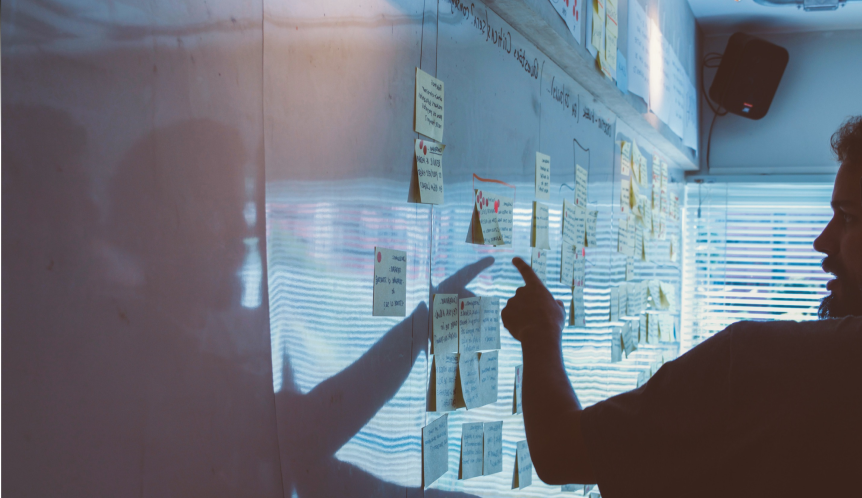ccording to research from HR tech company Namely, high performers take five more paid days off than average performers.
Alas, people are working much more than their bodies and minds can afford. And that takes a huge toll on our health, but also on job performance and output. You might need time off more than you think!
For high performers in the creative economy, time off is not a luxury. It’s a necessity to recharge and, really, really, think out of the box.
But if you are a workaholic and feel the need to be working all the time, there’s something I need to tell you about “workaholicism”.
Two Types of Workaholic
There are two types of workaholic. The productive and creative ones and the inefficient ones.
The model of the creative workaholic is someone like Nikola Tesla.
Tesla had two personal operating modes. The first and most important operating model was based on taking time off to visit friends, swim, read poetry and walk. Sometimes he even would take time off by showing off his crazy inventions to his friends, including Mark Twain. In short, taking time off in such a way allowed him to unleash his creative genius.
Tesla’s second operating mode was getting into a frenzy nonstop implementation of the ideas that he had first created in his mind through his imagination.
He said “I don’t rush into actual work. When I get an idea I start at once building it up in my imagination. I change the construction, make improvements and operate the device in my mind. It is absolutely immaterial to me whether I run my turbine in my thought or test it in my shop.”
What’s important, as evidence in Tesla’s life, is that before working on something it is necessary to have the time to think about it and create that “something” in the mind.
Solving complex problems requires getting the mind detached from the problem in order to see potential solutions that are invisible to us when we are too narrowly focus on the problem. Time off is critical for that.
That’s why high performers take time off. For them is relaxation, together with “let’s see what I learn out there to become a better performer”.
For regular people, time off is equivalent to laziness. Yet, most of them spend hours and hours on a problem without coming up with any interesting or innovative solution. And it doesn’t really matter if they work on the problem 24 hours a day x 365 days a year. Their minds need time off to work. So, it seems that it’s them who become lazy by not producing any positive outcome. They need time off!
Tesla was a workaholic in the sense that his mind was, sometimes quietly, other times deliberately, working all the time looking for the next invention or discovery. But he didn’t get his hands into any work before he had fully thought about what he was going to do.
The second type of workaholic is, well, those who spend hours and hours, day after day, sitting in their office “working”. Yet, their creative or productive output is smaller than high performers who do take full advantage of their time off.
Seriously, time off pays off
These types of workaholic workers are slaves of spending time in their offices. They aren’t even aware that, after some time, their minds stop the creative process thinking and their imaginations are halted. It’s like having an entire potential forest of ideas to be productive and deliver high performance, but focusing only on a single tree. That’s how the mind works when it’s not given the opportunity to “think out of the box” or have some time off. It’s just looking at the tree, missing the forest.
For this second type of workaholics, the realization of their creative and productive potential is limited by the boring and routinely work they do day after day without taking time off.
For Tesla, as well as for most geniuses and regular people with high creative output and performance, taking time off is fundamental. It allows them to reconnect with other people, other ideas and places, and give their minds more ideas to work and connect.
So, we can think as time off not only as well-deserved rest for our bodies and minds. Also, we can consider time off as an opportunity to detach from the day to day reality and seeing things that are seemingly invisible when we are too focus on a limited activity.
I’m an advocate for the Tesla style. I believe in a positive and healthy balance of hard work and time off. For those of us in the “creative economy”, hard work is equivalent to the work of our minds. And to reach our best performance and highest level of productivity it’s essential to rest, give our minds a break and let it do its own unconscious creative work as we enjoy time off in the mountains, beaches, parks, with family or friends.
I love taking time off… and, just in case some interesting ideas come rushing to my mind, I always keep my personal recorder to record to voice notes about those ideas. That’s the beauty of the Tesla style. And, in that sense, I’m kind of a creative workaholic.
Believe it, while you are taking a swim in the beach, hiking up the trail, climbing up a mountain or simply sitting in your house sipping coffee while you read this post, your mind is certainly working and getting you ready to be more creative, productive, and reach your highest levels of performance.
When was the last time you truly enjoyed your time off?
Positive practices during your time off
Some positive ideas together with taking time off:
- Practice mindfulness – or just breath
- Exercise (bike, run, walk, dance, jump… just sweat those toxins)
- Disconnect from devices and work
- Take naps or sleep well
- Avoid stimulants (caffeine or alcohol)





